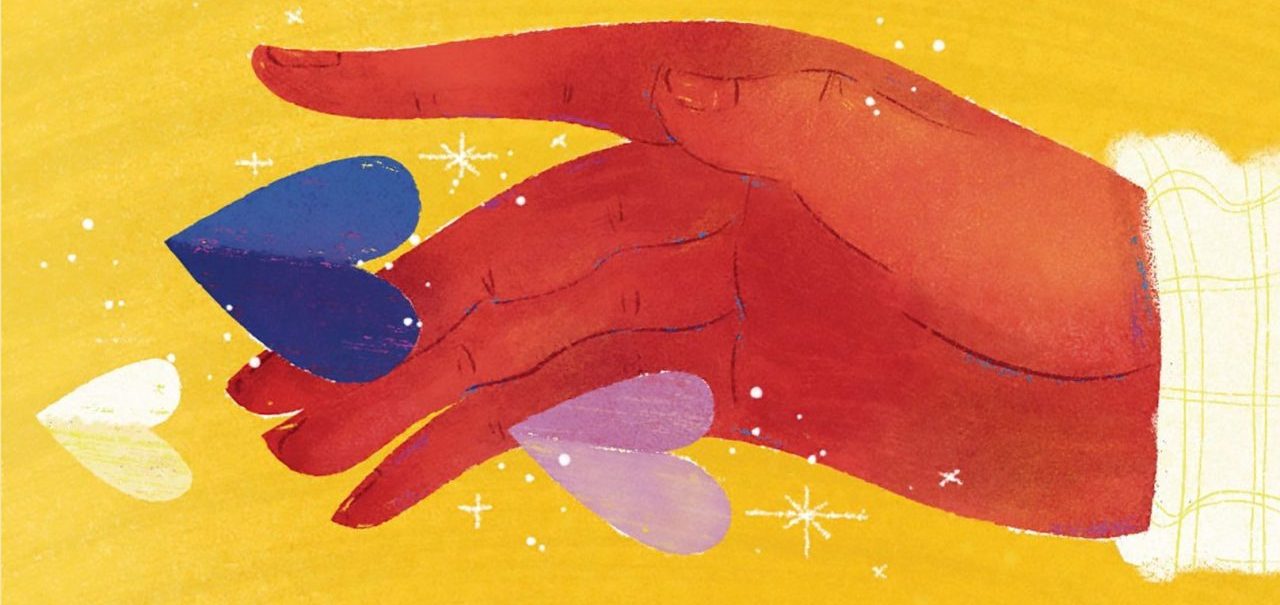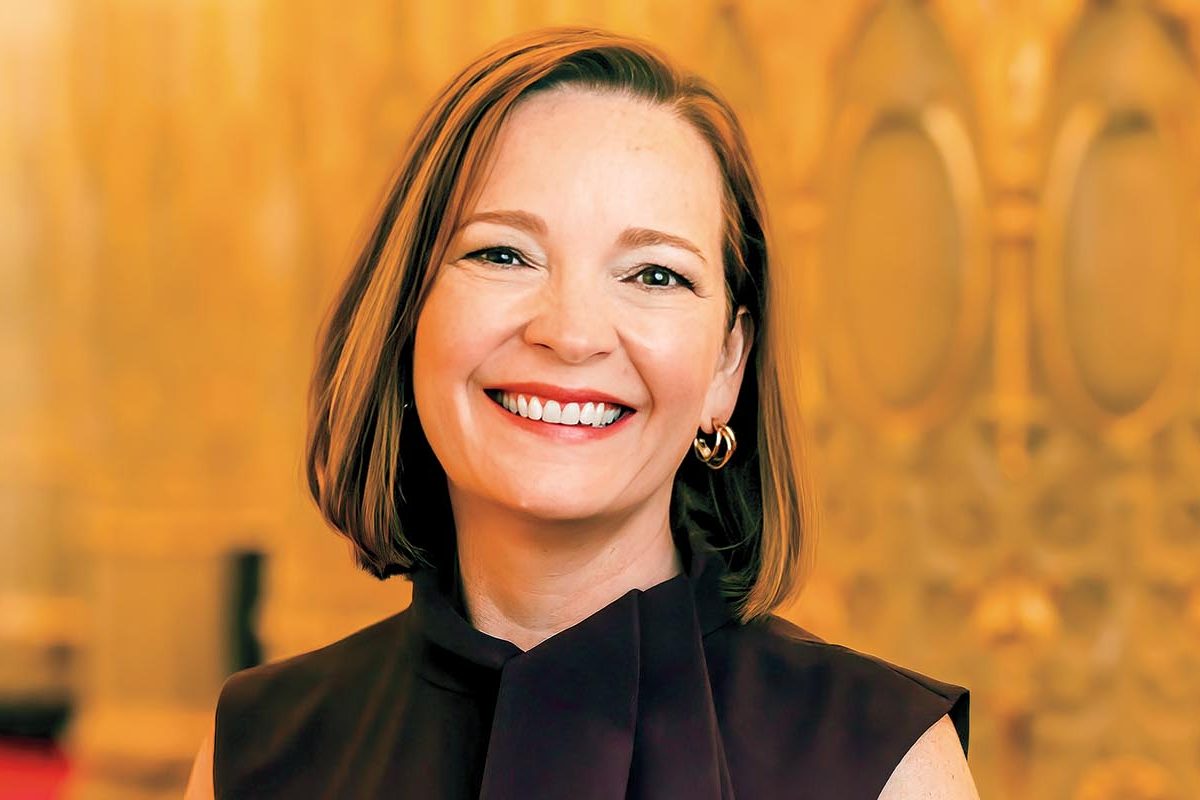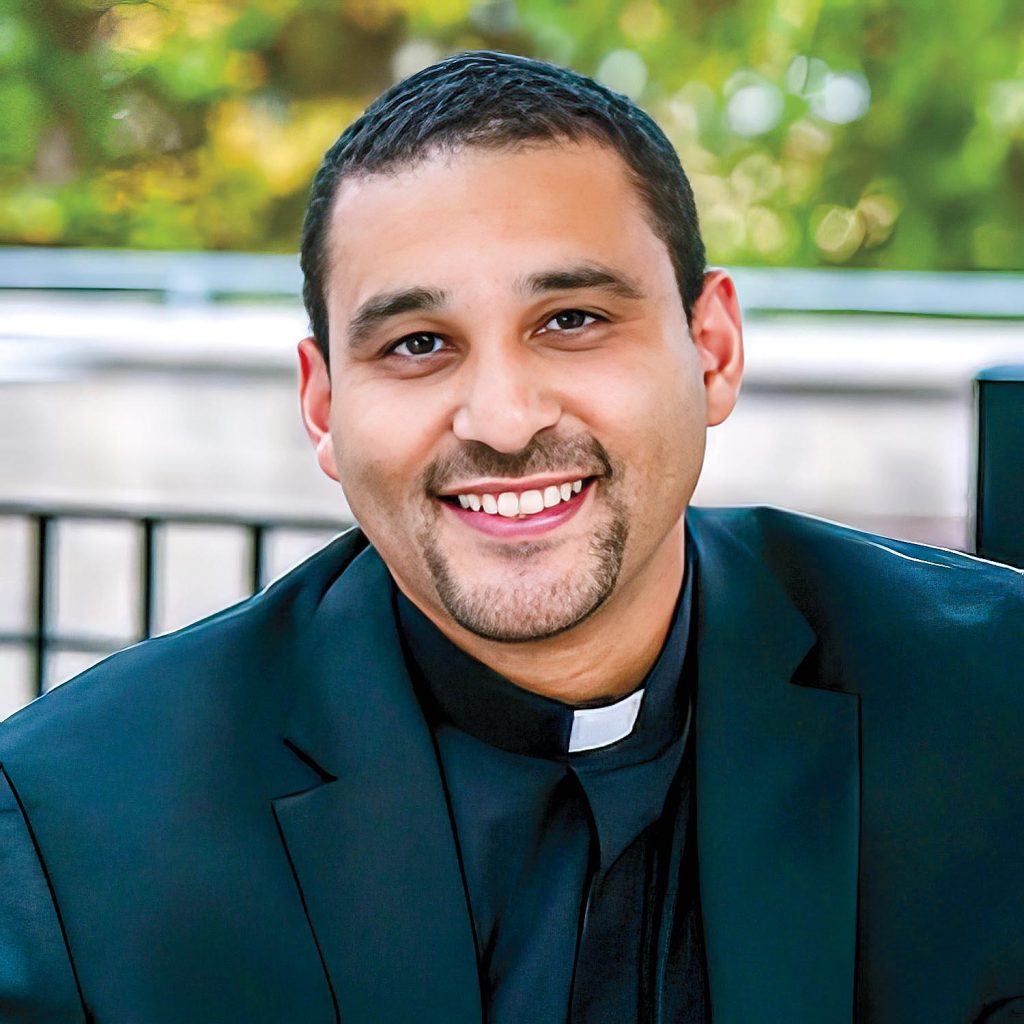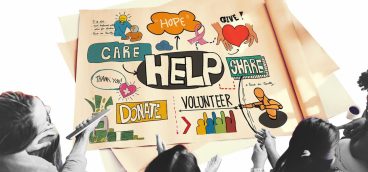
Editor’s note: In this season of giving, we asked some of the region’s nonprofit leaders to answer a simple question: Why is charitable giving so important in our society?

Tim Parks, Life’sWork of Western Pa.
I begin with another question: How can I, as an individual, make a positive difference in society? On reflection, I recall two areas of academic endeavors in which I never excelled — economics and physics. But I do recall a key principle drawn from each — compounding and leverage. The magic of compound interest is axiomatic, as we are taught to save so that you earn interest on top of your principal and accumulated interest, with the possibility of exponential growth. And leverage — the instrument or act that amplifies a small input force into a greater output force. So, why is charitable giving so important? Because it empowers individuals to do good well beyond their singular contribution. Even a small gift can leverage a much bigger impact for good — whatever good you decide is important. And in doing so, you enlarge your spirit and that of many others.
Wendy Pardee: The Children’s Institute of Pittsburgh
Charitable giving is important because real change takes work, and we can’t do that alone. The Children’s Institute is built on collaborative care — each child we have the privilege of serving is impacted by not just our team members, but by our donors. Our donors’ contributions help us evolve our services to meet the ever-changing needs of our community and our amazing kids. A donation can ensure that 11-year-old Leland receives speech therapies to help him communicate with the world around him, while another donation can ensure 7-year-old Albert continues receiving occupational and speech therapies, alongside a quality education in The Day School. Giving engenders change. Our charitable givers are why organizations like The Children’s Institute have been thriving for over 120 years.


Melia Tourangeau, Pittsburgh Symphony Orchestra
Charitable giving is an investment in our community. Of course, material gifts during the holidays have value to those we love, but the missions of our nonprofits fulfill significant and meaningful community needs that the commercial world cannot provide. Giving during the holidays in honor of those causes we love — whether it is social services, food insecurity, housing, education, transportation serving basic necessities, or the inalienable right for everyone to have the opportunity to experience and be a part of arts and culture — not only shows that you care about making a difference in our community, but also that you value the distinct contribution that nonprofits make to the vibrancy of our region. Our country was built on the spirit of giving. PSO donor families allow us to give the gift of exceptional live musical experiences to the region. Everyone deserves great music in their lives, and we are committed to a vision that provides just that.
Christopher Hahn, Pittsburgh Opera
So many of us have benefited (often without realizing it) from someone else’s quiet generosity. So, when you stop to think about it, you quickly understand how much we owe to those unsung heroes and how we should try to emulate their philanthropic spirit, if we can. I always say to people, “If we take anything for granted, we could lose it in an instant.” Let’s not risk that happening.


Rev. Paul T. Abernathy, Neighborhood Resilience Project
The poet John Donne writes, “No man is an island unto himself,” thus revealing a deep truth that all of us are connected to each other. Indeed when one human being suffers, all humanity suffers. There are many reasons why charitable giving is important to society. Not the least of which is that the true measure of society is according to the compassion and generosity, or lack thereof, it has for its poor and downtrodden. Beyond this, however, it is important to recognize that charitable giving becomes a pathway for us to recognize the profound truth that when one suffers, all suffer. People often quote, “love your neighbor as yourself,” but maybe don’t as often realize the deeper meaning of this wisdom; that we love ourselves by loving our neighbor. Philanthropy in fact means, “love of humanity.” In this way philanthropy becomes a fundamental orientation in becoming truly human.
Carey Harris, Literacy Pittsburgh
So many people in our community want to contribute to our economy and society but struggle because of a language barrier, limited education, hunger, homelessness, or addiction. These men and women can be an incredible asset to our community with assistance in overcoming these barriers. The generosity of individuals, corporations, and foundations creates solutions to challenges that can hold people back from reaching their full potential. Organizations such as Literacy Pittsburgh offer programs and resources that enable Pittsburghers to grow as neighbors, parents, and workers. For example, our students earn a high school credential, improve English language skills, learn about workplace expectations, gain exposure to training opportunities and jobs, and develop computer skills. We instill a confidence in our students that makes the seemingly impossible possible. Charitable giving creates opportunity and hope. It makes our region a better place to live for us all.


Catherine Qureshi, Pittsburgh Parks Conservancy
Charitable giving is a pillar for positive change in our community. It symbolizes the spirit of compassion and empathy that binds us and enables us to address pressing issues, support those in need, and create a more equitable and inclusive society. When individuals choose to give back through the power of philanthropy, whether supporting their parks or another mission that touches their hearts, they’re actively helping to shape a better future for all. Charitable giving isn’t solely about monetary contributions, but also the values of kindness, unity, and collective progress that giving back embodies.
Stephen H. Suroviec, Achieva
Donating to a charity is akin to buying stock in a for-profit corporation. It’s an investment in a nonprofit, its mission, and the people it supports. When a person donates money, they have “skin in the game,” wanting the charity to succeed. They’ll tell others about the charity, attend its events, and hold its leaders accountable. Charitable giving helps society in three ways. First, it’s an outlet for people to support causes important to them — unlike taxes, donors control where their money goes and how it’s spent. Second, the organization is helped — charities such as Achieva cannot rely on government funds alone; they also rely on private donations to fill funding gaps. Finally, and most importantly, people in need are helped. Achieva exists to assist people with disabilities lead lives of personal significance. With financial gifts from citizens, Achieva can reach more people, innovate, and ensure the highest level of quality.







